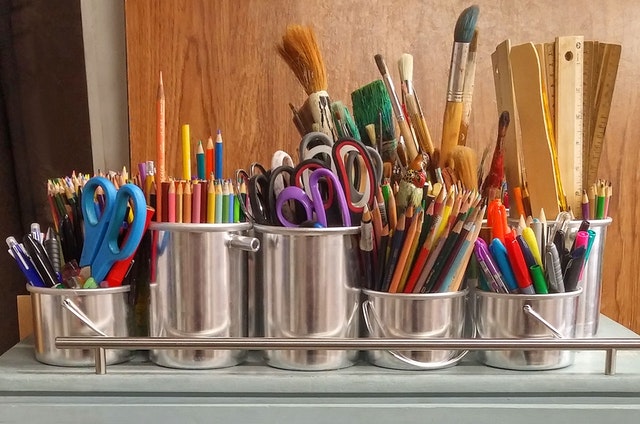Last week of April – hard to believe how quickly this year is flying by. Many schools will be out for the summer in one month and the lazy hazy days of summer will be upon us. There is still a good amount of time to get to those warm sunny days.
Anticipation …. so exciting … so nerve wracking …. so the cause of many behaviors. Anticipating something good or something less pleasant can set a loved one down a path of unexpected behaviors. Anticipating the end of the school year, the beginning of swim lessons or the change in schedule can really affect behaviors more than one might anticipate, especially if communicating is difficult for an individual.
Creating a plan, anticipating the anticipation, may result in a more positive transition for you and your loved one. Here are a few tips to consider.
- Timing – be aware and truly plan out how much in advance you will mention or discuss a change. Consider the end effect on your loved one when determining how far in advance to share information. A trip to a major amusement park, while exciting, if shared too much in advance could result in your loved one being fixated on this information for weeks or months. Springing summer camp on your loved one the morning of the first day, may result in a complete melt down or increase in negative behaviors.
- Making everyone aware – Make sure everyone who is aware of the change knows when or if your loved one will be made told. The people around your loved one need to also know your game plan for revealing the change or event. Well meaning family members and friends may ask your loved one direct questions about the change or event before you have had an opportunity to execute your plan. This is definitely a ‘surprise’ you and your loved one do not need to navigate.
- Create a tangible ‘count down’ to the event or change – Your loved one may need the ‘count down’ to the change or event to be very visible and presented in such a way that they can access this information independently. Sharing a specific date or time or simply saying “Later this summer.” may be too abstract and create more anticipation (and perhaps behaviors).
- Use a calendar with the date of the event well identified (stickers, arrows, pictures) and have your loved one cross out each day to the event.
- Create a count-down chain . Each day, your loved one removes a link of the chain, visually getting one step closer to the big event or change. You can use clothes pins or paper clips or any item you can link together to create the chain.
- Create a simple social story that explains the event and when it will occur.
- Give your loved one the language to communicate – make sure to include a way in which your loved one can make comments or ask questions about the change or event. Make a simple communication board with pictures or photos. Think about the phrases your loved one might want to express: “I’m excited” (use a picture of excited), “I can’t wait.” (use of picture of a clock or watch), “Tell me again.” (use of picture of talking), “Who will be going?” (use a picture of a silhouette of a person), “How much longer.”(use of picture of a calendar), etc.
A little up front work on your behalf could really make a huge impact when helping your loved one adjust, plan and anticipate a change or up coming event. Mention this to your speech-language therapist, she/he will be happy to help.
Yours in Speech,
Lakeshore Speech Therapy, LLC.




















